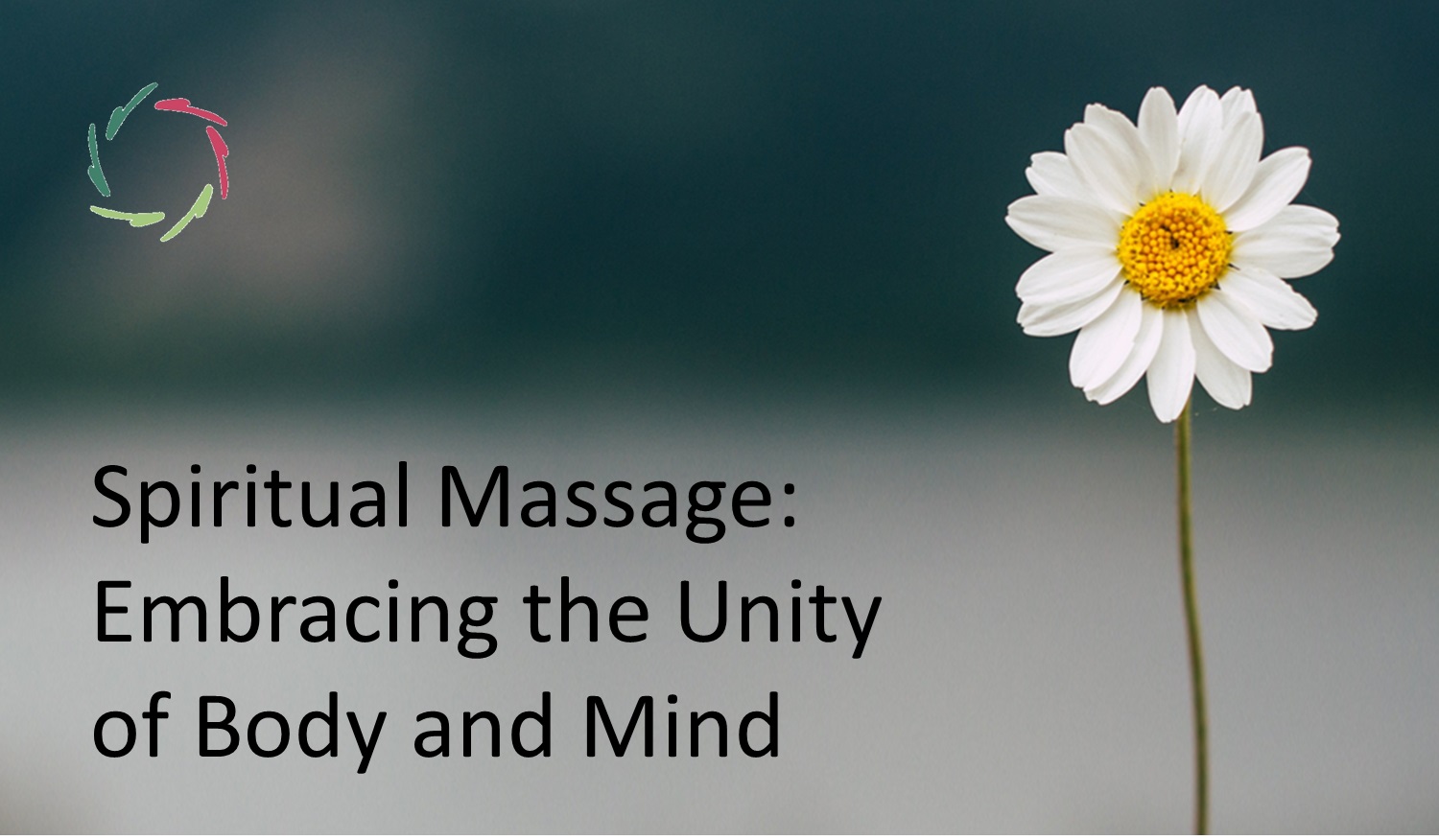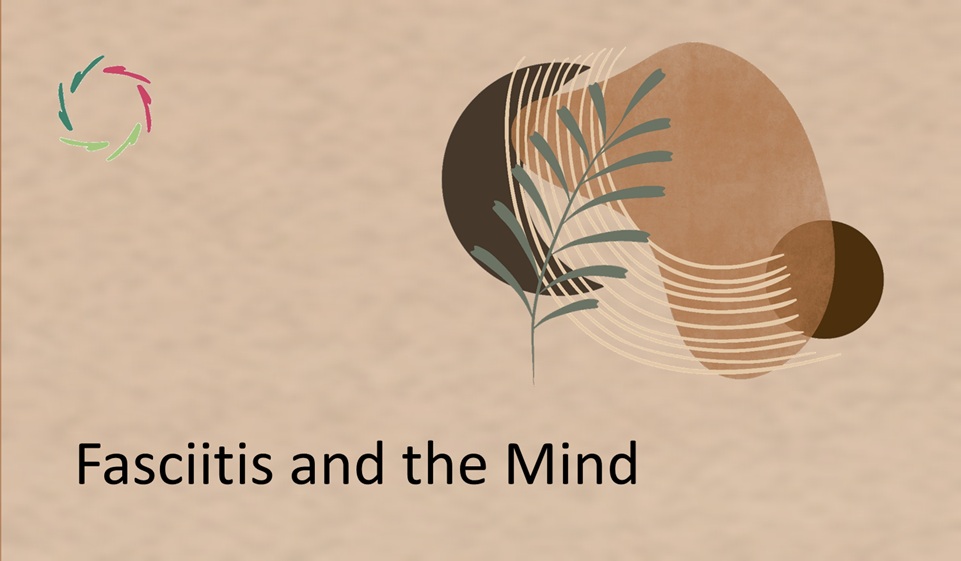Spiritual Massage: Embracing the Unity of Body and Mind

This blog explores how bodily massage can become spiritual ― engaging aspects of the self that, while not easily conceptualized, reveal the unity of body and mind that extends beyond conscious awareness.
This is not about practices like reiki, reflexology, or chakra work.
Imagine lying on a massage table.
Skilled hands apply gentle pressure, easing tension in your muscles.
As your body relaxes, something else begins to happen. You feel a shift, a subtle awakening as if the knots being worked out of your muscles are also releasing something deeper within you. This is the essence of a spiritual massage ― a profound experience where the unity of body and mind becomes not just a concept but a felt reality.
It’s well-established that our mental states and physical experiences are deeply intertwined.
Research shows that emotions and even our non-conscious thoughts can manifest in our bodies as tension, pain, or other physical symptoms.
This isn’t about two separate entities influencing each other. Rather, it’s about recognizing that the mind and body are two perspectives on the same phenomenon. When we experience stress or joy, these aren’t just mental states ― they’re embodied experiences.
The unseen depths of spiritual massage
A massage, when approached with mindfulness and intention, has the potential to touch parts of ourselves that words can’t easily describe. As the body releases its tensions, the mind often follows, allowing us to access deeper layers of consciousness.
These are the layers where our truest self resides ― where emotions, memories, and even traumas are stored, often without our conscious awareness. In this space, a massage becomes a spiritual journey, a way to reconnect with parts of ourselves that we may have lost touch with in the busyness of daily life.
So, how can we turn a regular massage into a spiritual experience?
The key is mindfulness.
Approach your next massage – whether giving or receiving – with a sense of presence and openness. Focus not only on the physical sensations but on what they evoke within you. Notice the emotions that arise, the memories that surface, and the thoughts that come and go. Allow yourself to fully experience the moment without judgment or the need to understand.
In doing so, you may find that the massage touches more than just skin or muscles ― it reaches into your very soul.
In our fast-paced world, we often seek quick fixes for our physical and mental discomforts.
But true healing comes from understanding the profound unity of body and mind. A spiritual massage offers a unique opportunity to explore this connection, to listen to the wisdom our bodies hold, and to heal on a deeper, spiritual level.
Perhaps the next time you find yourself atop of or beside a massage table, you might discover that in embracing your physical self, you are also gently embracing your deepest, most mindful being.


